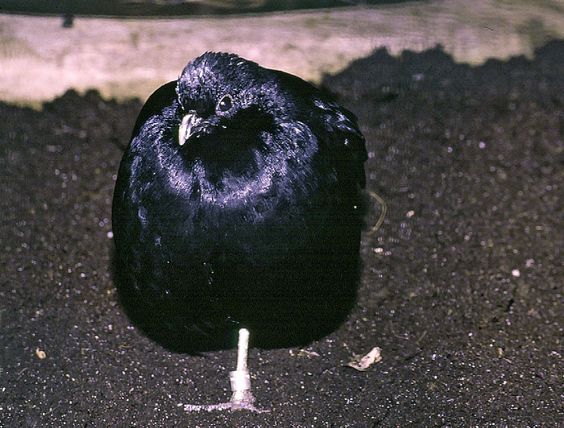Why Do Ducks Quack?
Ducks quack for various reasons, and their quacking behavior serves multiple purposes in their communication and social interactions. Here are some details explaining why ducks quack:
1. Communication: Quacking is the primary vocalization method of ducks to communicate with one another. It allows them to convey information and messages within their social group. Ducks use different types of quacks to express various meanings, such as signaling danger, greeting each other, indicating food availability, or maintaining contact with their offspring.
2. Social Bonding: Quacking plays a crucial role in maintaining social cohesion among ducks. By quacking, they establish and reinforce social bonds within their flock. This is particularly important during breeding season when male ducks use distinctive quacks to attract and court females. Female ducks also quack to show their interest or disinterest in potential mates.
3. Recognition: Ducks can recognize each other based on their unique quacks. Each duck has its own individual quack, allowing them to identify and distinguish their flock members. This helps them maintain social connections and avoid interactions with unfamiliar ducks or potential threats.
4. Warning Signals: Ducks often quack loudly and rapidly when they sense danger or perceive a threat nearby. This behavior serves as a warning to other ducks, alerting them to be vigilant and potentially triggering a collective response. By quacking in unison, they increase the chances of survival by deterring predators and coordinating escape strategies.
5. Nesting and Parenting: Female ducks use soft quacks, known as "incubation calls," while they are nesting. These gentle vocalizations help the ducklings identify their mother's location and establish contact. After hatching, ducklings emit high-pitched "peeps" or "cheeps" to communicate their needs and maintain close proximity to their mother.
6. Environmental Adaptation: Ducks adapt their quacking behavior based on their surroundings. For instance, ducks in open environments with water tend to have louder and more resonant quacks that can carry over long distances. In contrast, ducks in densely vegetated areas or forests produce softer quacks to avoid attracting unnecessary attention.
It's important to note that while quacking is the most commonly associated vocalization with ducks, different species of ducks may exhibit variations in their vocal repertoire and behaviors.
The quacking of ducks serves as a means of communication, social bonding, recognition, warning signals, and parenting. Understanding and interpreting their quacks provide valuable insights into their behavior and interactions within their environment.






